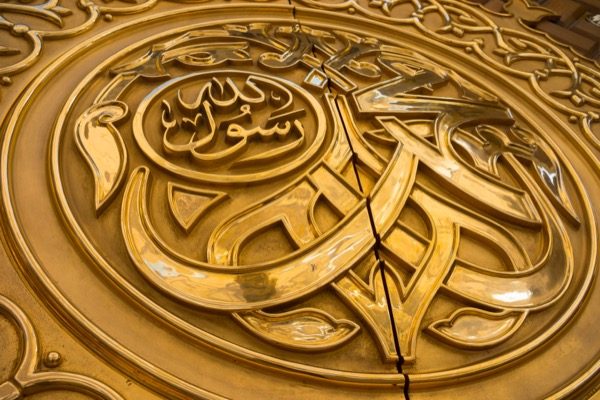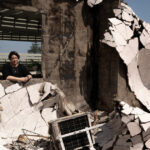
© Shutterstock
Hazrat Abu Sa‘id Khudri (ra) relates that he was sitting among a group of poor migrants. He reports, ‘These people were not even clad properly. One person was reciting the Holy Qur’an. In the meantime, the Holy Prophet Muhammad (sa) arrived. He stood near us and the reciter stopped. The Holy Prophet (sa) greeted us and asked us what we were doing. We told the Holy Prophet Muhammad (sa) that this reciter was reciting the Holy Qur’an for us. The Holy Prophet Muhammad (sa) said, ‘All praise belongs to Allah, Who created such men in my ummah [community], and I have been commanded to sit with them and treat them kindly’. He sat with us and said, ‘Make a circle so that everyone is facing me.’ Abu Sa‘id Khudri (ra) says, ‘I think the Holy Prophet Muhammad (sa) did not recognise anyone except myself.’ The Holy Prophet Muhammad (sa) said, ‘O the group of poor amongst the migrants, congratulations for the perfect light on the Day of Judgment. You will enter paradise half a day ahead of the rich and this half a day is equal to five hundred years”.
…Hazrat Anas bin Malik (ra), a servant of the Holy Prophet Muhammad (sa), has related a unique incident of his kindness to a mad woman. There lived a mad woman in Madinah. Her name was Umme Zufar. She used to be a special maid of Hazrat Khadijah (ra) [the wife of the Holy Prophet Muhammad (sa)] and developed mental problems later on. She came to the Holy Prophet Muhammad (sa) one day and said she had an important matter to discuss and wanted to speak to him in private. The Holy Prophet Muhammad (sa) replied magnanimously to this weak and mad woman, ‘O the mother of such-and-such person, whichever street or the passage way of Madinah you choose, I will sit with you there and listen to you and fulfil your need’. So that woman went and sat in a street. The Holy Prophet Muhammad (sa) sat with her. The woman told him what she needed. The Holy Prophet Muhammad (sa) did not move from that place until that woman was satisfied.
Muhammad (sa) – The Perfect Man (Qadian, India: Nazarat Isha’at, 2015), 276-277.









